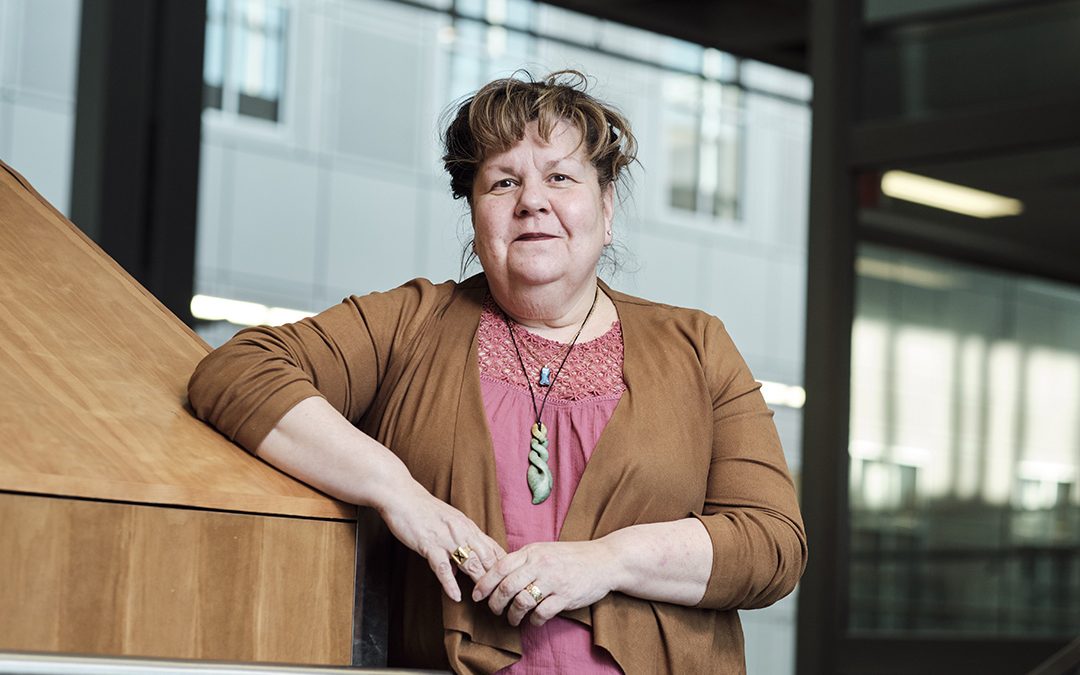A new Indigenous-led research centre will be built to address the rise in HIV and other sexually transmitted infections among Indigenous people in Saskatchewan and Manitoba.
The centre will be established by Indigenous researchers at the University of Saskatchewan (USask) with the help of a five-year $2.84 million federal grant from the Canadian Institutes of Health Research.
“There’s going to be one hub in Manitoba, one hub in Saskatchewan and an administrative core,” says lead investigator Dr. Alexandra King of the USask College of Medicine. “We’re still in the process of determining exactly what that looks like.”
People in Indigenous communities and the researchers will choose the exact locations, but the University of Saskatchewan will be the administrative core.
“I think that the ways of knowing are very local,” adds King. “By having this Indigenous-led, then we are going to be able to respect the various ways of knowing and doing that are particular to various regions within the provinces in which we are serving. Saskatchewan and Manitoba have rich and diverse expertise in the areas of HIV, Hepatitis C and STBBIs. This centre will employ the best of Indigenous and western capabilities. It will build approaches grounded in Indigenous philosophies and methodologies. For Indigenous people, place, history and social contexts matter and are integral to developing interventions that work.”
Indigenous people will also be able to receive training in HIV treatment and prevention at the centre.
“We felt that we needed a regional centre to be able to address the specific issues here,” says King. “This centre will provide the much-needed infrastructure to leverage the Indigenous and non-Indigenous researchers, clinicians, government, and community to work together to address the rise in HIV.”
Saskatchewan has the highest rates of HIV in the country.
(PHOTO: Dr. Alexandra King. Photo by David Stobbe.)
